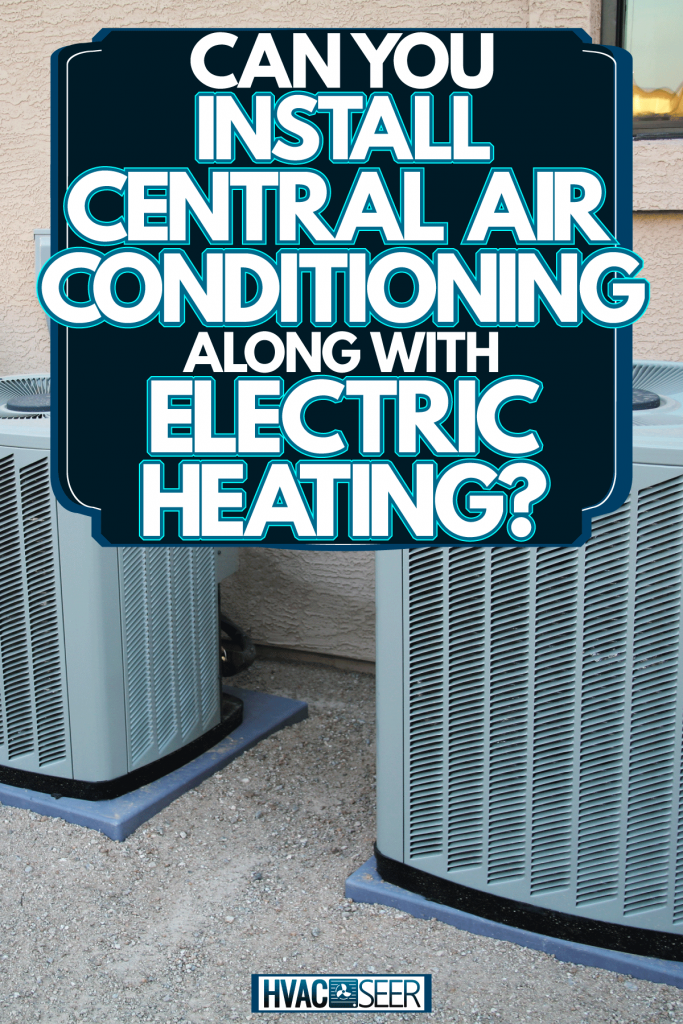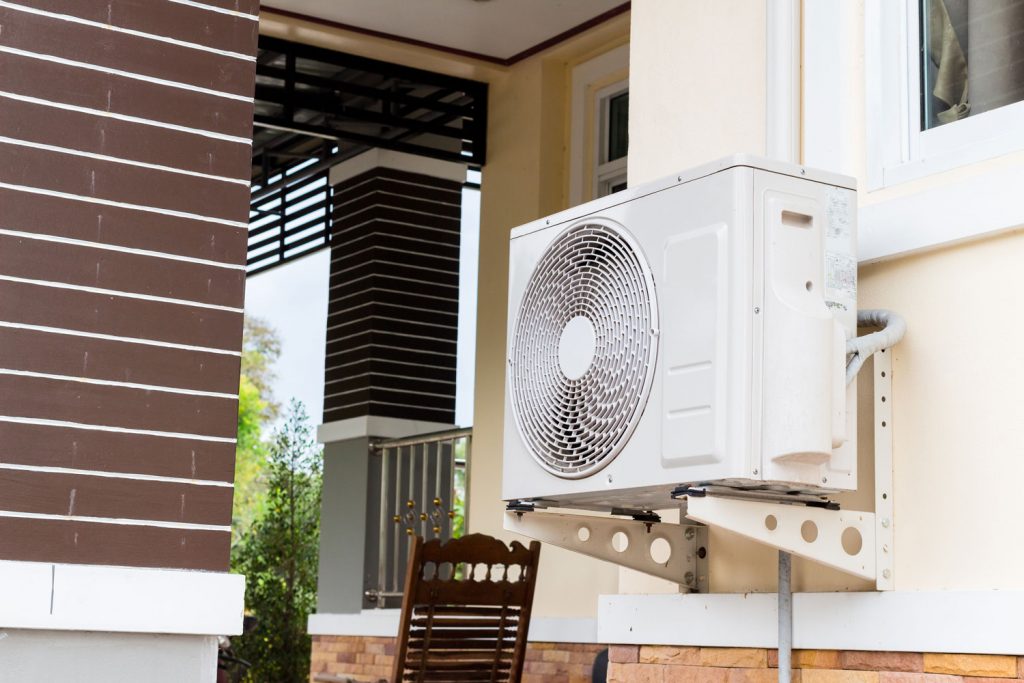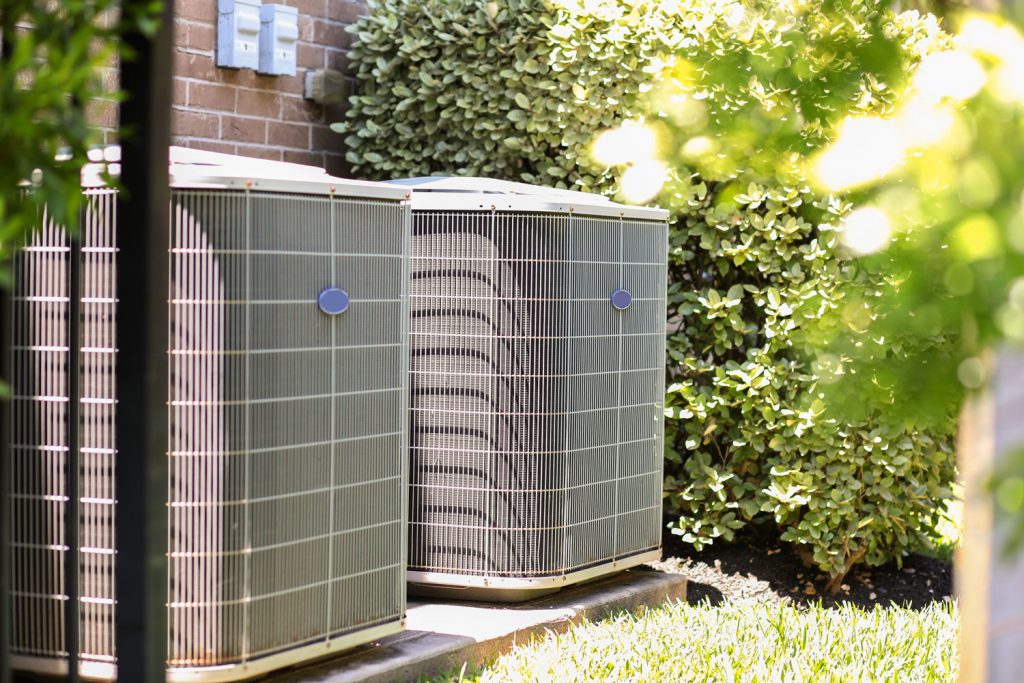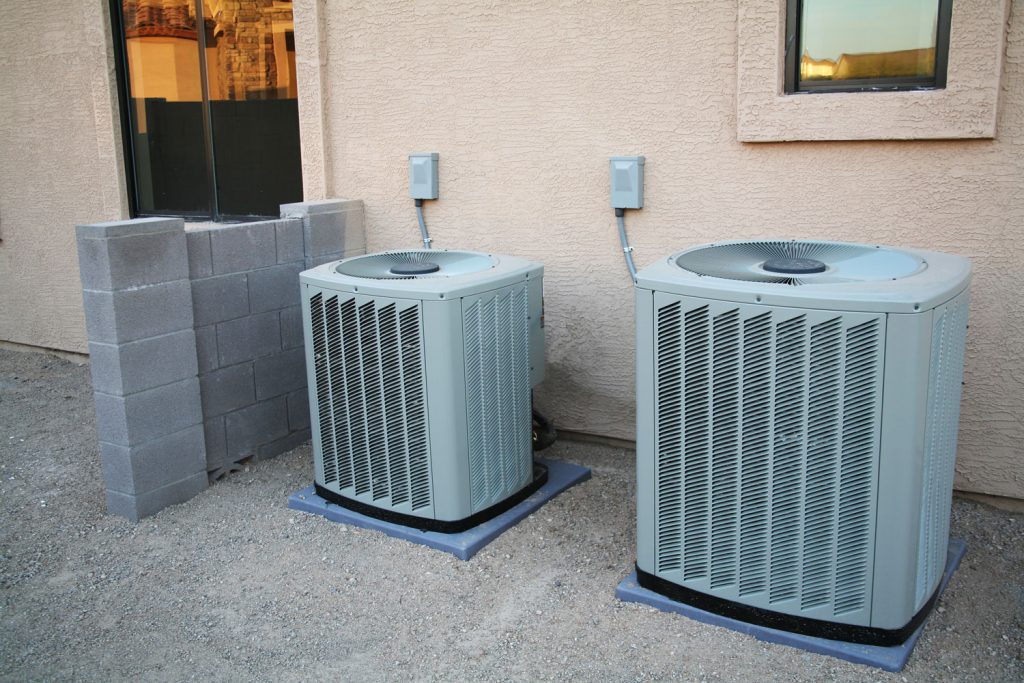During the summertime, central air conditioning makes your home super comfy after a long, hot day. In the winter, an efficient heating system will leave you feeling warm and cozy. But if your heat is electric, you probably want to know if you can install central air to it as well. After all, it'd be easier to have both in one instead of two separate systems.
If your home already has an electric heating system, installing central air conditioning is simple. Technicians should be able to get the job done in three days. However, if you need air ducts installed as well, that could extend the time further.
Continue reading to understand what comes with installing central air to your electric heating. You'll get tips about electricity use, project costs, and other useful info about the installation. Without further ado, let's get into it!

Does Central Air use a lot of Electricity?
Making the switch to central air from regular air conditioning window units will make your life more efficient. If you use multiple air conditioner units in your home, each unit has its own wattage. Each unit is also only meant to cool down the air of the room that it's in; that air won't flow through the whole house.
With multiple air conditioner units, you could be using a lot of unnecessary electricity. With central air, you can cool your whole unit by turning on one switch or knob.
The average air conditioner uses up to 1,400 watts. Depending on the size of the room and the air conditioner, it could use a good deal of electricity. Because there would be multiple units cooling multiple rooms, you'll see it in your electricity bill.
You could possibly save a little extra money on your bill running on just central air.
How Much Does it Cost to Run a Central Air Conditioner per Hour?
Before we answer this question, you need to keep in mind a few important facts.
One is where you live. The cost of energy will widely vary by the state you live in. Costs will fluctuate by the city as well. Electricity may cost more in an urban city than in a suburb or rural town.
Another is the unit's efficiency. A newer unit is almost certain to be more energy-efficient than an older one. To get the lowest costs available, make sure your central air unit has an energy-efficiency label or is at least up to date.
Most importantly, the time of year matters a lot. In the middle of spring and fall, the temperature tends to remain comfortable enough that you won't need central air on often. In the summer and winter, it'll be so hot or cold that you'll need extra cool or warm air.
Depending on how hot or cold the outside temperature made the inside of your home feel, it'll take extra power to make it feel cozy indoors.
Depending on the state you live in, running a central air conditioner can cost anywhere between $0.08 and $0.80 per hour.
Here are some tips to reduce the impact your central air conditioner has on your electric bill:
- Turn off the unit if you know no one will be home for a few hours.
- Have it installed in the shade so it won't work harder in the summer months.
- Routinely clean and replace filters; clogged filters will make your unit use more power.
- (In the summer) keep the unit on low power and use fans to circulate the air throughout your house space.
How Much is it to get Central Air Installed?

According to HomeAdvisor, the costs of installing central air in 2021 range between $3,775 and $7,500. In some cases, that cost can exceed well over $10,000. We'll discuss some of the factors that contribute to the final installation cost.
Unit Size and Type
The standard central air unit flows air through your home's air ducts. Sizes range from one ton to four. The size you need depends on the size of your home. A size too small will lead the unit to constantly run, thus running up your electricity bill. A size too large means the unit will switch on and off inefficiently and (annoyingly) loudly.
A ductless mini-split unit is mostly used for older homes and homes without duct systems. The price of these units will fluctuate with how many units (or zones) you need to use throughout your home.
Your Home's Age and Duct Setup
If you have a newer or remodeled home, it'll have a duct system optimal for central air to flow through. However, many older homes don't have this.
Older homes without ducts have one of two choices: install a duct system, or utilize a ductless mini-split unit. Doing the former will be costly; the latter will be costly upfront but will be more cost-effective than a regular central air unit. Bankrate shares that the cost to install a ducting system will cost between $1,500 and $7,000.
An HVAC professional will be able to install central air to your home in a week at most—sometimes as fast as one day. But that time will significantly increase if the duct system needs work or is absent.
You could do it yourself for cheaper, but this is one of those home improvement projects you should let the pros handle. If you mess something up in the process, the repairs could end up costing you more. Plus, some regions require a permit for unit installations.
When and Where You Shop Around
Several manufacturers sell units that would be compatible with your home. Some are pricey but have great reviews, some are cheaper but have average reviews. It's up to you to find that sweet spot: a model that offers great performance at a great price. Whirlpool and Coleman are two good brands that sell products at reasonable prices.
You also want to hold off on any purchases until the mild temperature months. Think late March/early April or in September. Prices for units will be higher if you shop around during the peak of summer or winter.
Does Central Air use Gas or Electric?

There are several kinds of HVAC systems to heat and cool your home. While they each may operate differently from each other, one thing stays consistent: they need electricity to run.
In the hotter months, you only need electricity for the cold air to flow through your home. But in the colder months, you will need natural gas. In the HVAC system, there needs to be gas for the system to burn; thus generating heat to flow through your home. Without the gas, the unit can still run but there won't be any warm air.
Electricity is needed no matter the time of year, though. The electrical sensors turn on and off the heat and air in the system.
Do You Need a Furnace for Central Air?
Furnaces are the traditional way of heating up your home. In very chilly temperatures, it won't take long for a furnace to warm up your home. As long as you have natural gas, you have fuel to give your home heat.
Some homes have a heat pump as part of their central air system instead of a furnace. Heat pumps are more effective throughout the entire year, not just during harsh temperatures. Unlike a furnace, heat pumps transfer heat or cold from outside to inside and vice versa.
You can choose either a furnace or a heat pump for your central air; you're not limited to one or the other. However, you should make the choice based on the climate you live in.
For example, if you live in the north where winters are more brutal, a furnace should be your pick as it warms your home faster. Heat pumps work better in moderate climates, like the Mid-Atlantic region for example.
In Closing

No matter what your home's heating system is, pairing it with central air is very doable. The money and time you'd need to invest depend on the brand and model you pick, and who you have to do the labor. Analyze your home's situation (location, climate, age, etc.) to help estimate the costs of the project.
If you found this article useful, feel free to visit some of our other articles:
How Big is a Heat Pump? And What Size do I Need?
